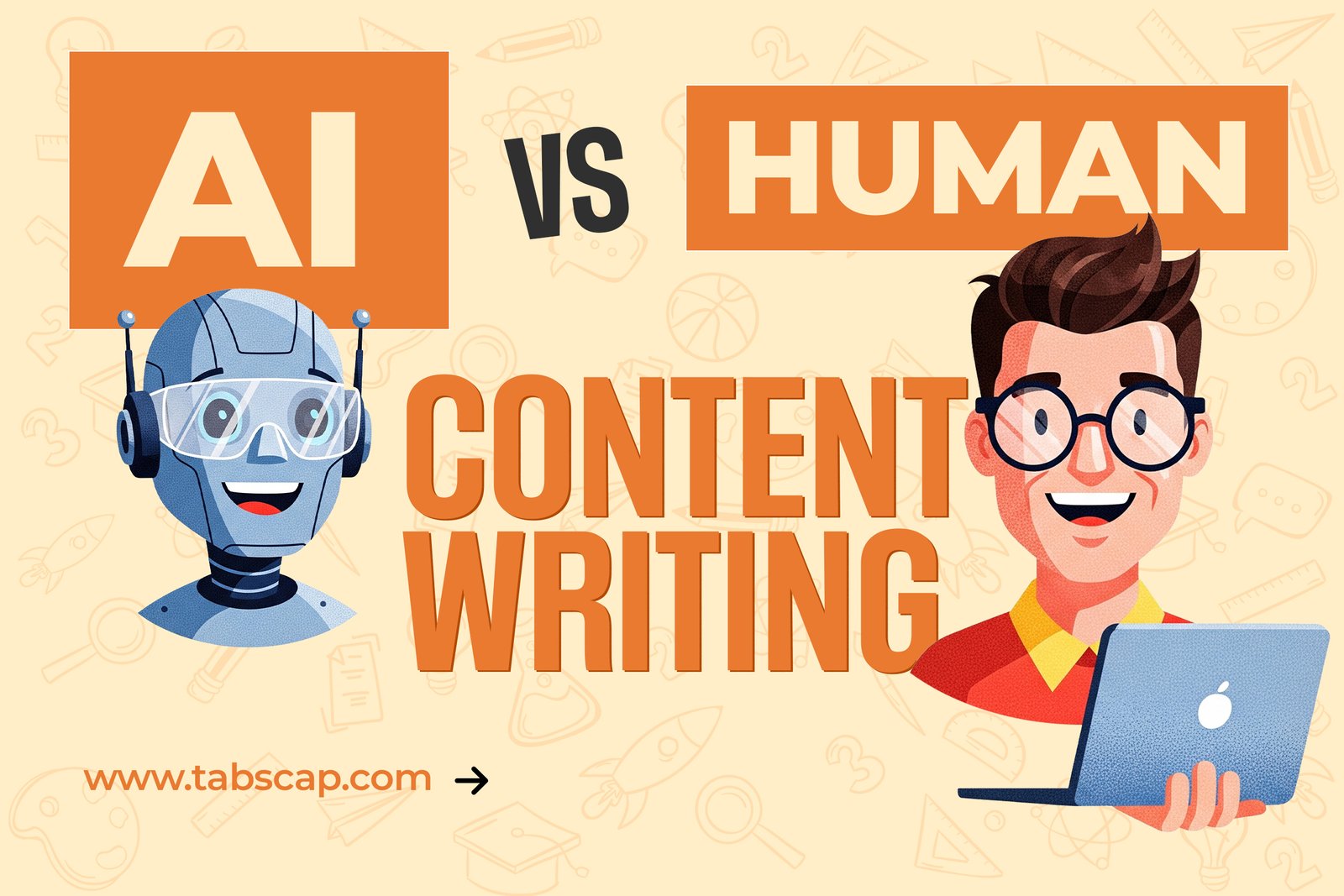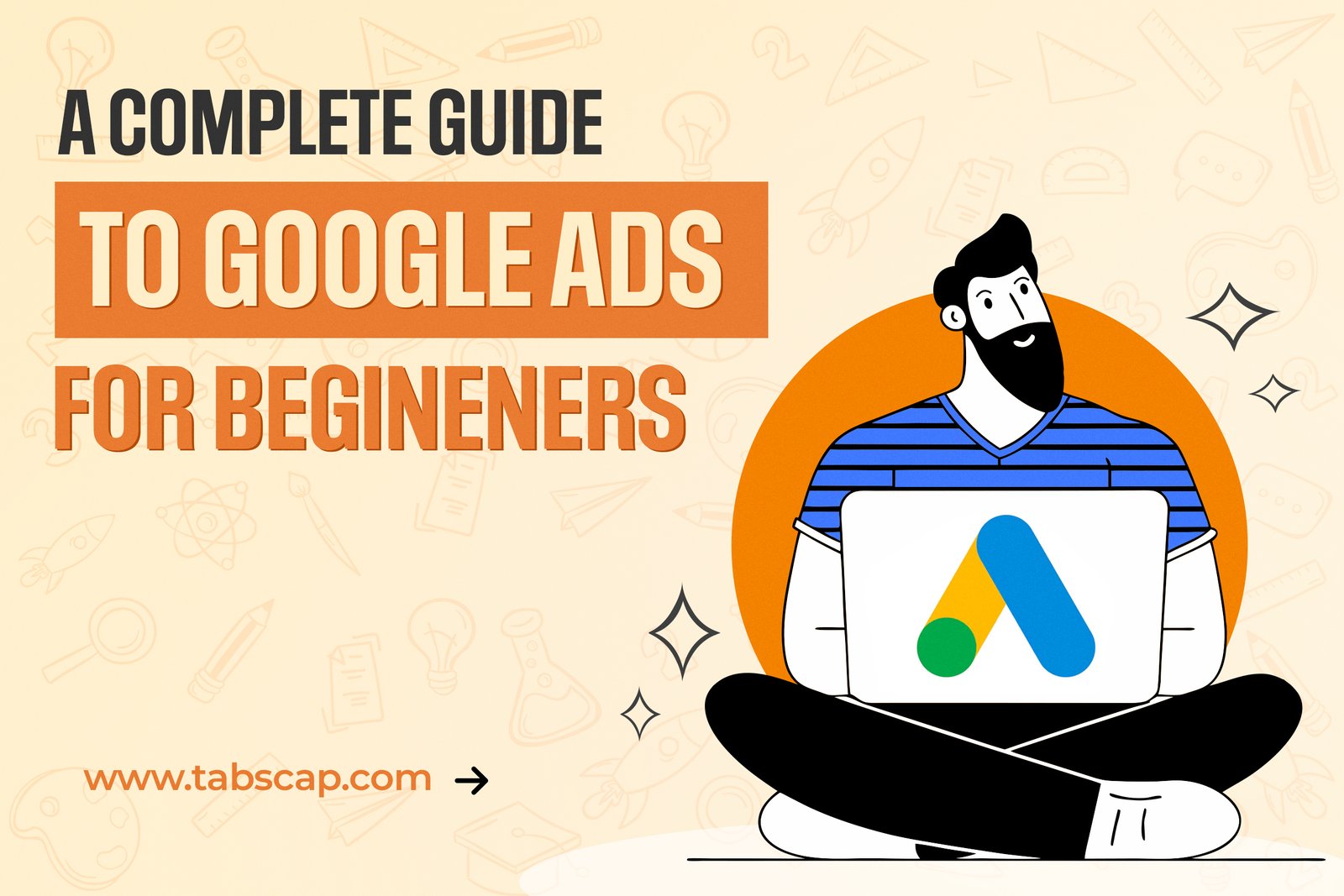

We now stand at a crossroads, evaluating AI-generated content against human-written content.
This debate is complex, touching upon quality, authenticity, and future possibilities. Understanding their differences is crucial for content creators and consumers alike.
This comprehensive guide explores every facet of this fascinating discussion. The landscape of information dissemination is profoundly changing.
This transformation impacts businesses, individuals, and society.
Core Debate
When comparing AI content and human content, quality is paramount. Human writers bring inherent creativity and emotional intelligence.
They understand nuanced human experiences, crafting narratives that deeply resonate. Empathy allows them to connect with readers on a personal level. Critical thinking skills enable them to analyze complex topics thoroughly.
A unique voice and perspective often shine through human prose. This distinctiveness builds strong brand identity and reader loyalty.
Humans can adapt their tone and style effortlessly. They excel at storytelling, infusing personality into every word. This emotional depth is often missing from AI outputs. They inject personal experiences and subjective viewpoints.
Human content often feels more relatable and authentic. It carries the weight of lived experience.
Conversely, AI writing tools offer unparalleled speed and scalability. They can generate vast amounts of content quickly. For repetitive tasks, AI proves incredibly efficient.
Data processing capabilities allow AI to synthesize information rapidly. It maintains remarkable consistency in tone and style. AI can produce content 24/7 without fatigue. It excels at generating factual, objective information.
This makes it ideal for data-driven content. AI can quickly rephrase sentences or expand on topics. It provides a baseline of quality for many applications. However, AI often struggles with genuine creativity.
It may lack the intuitive leap of human thought. Deep understanding of context remains a challenge for AI. AI models learn from existing data patterns. They do not possess true consciousness or understanding.
Their output reflects their training data's biases. AI cannot truly innovate beyond its programming. It struggles with abstract concepts and satire. The ability to convey subtle humor is often absent.
Related: 7 Tips to Make It Easy to Write Content that Connects
Industry Adoption
Certain industries are rapidly adopting AI content generation. News aggregation platforms use AI for quick summaries.
E-commerce businesses utilize AI for product descriptions at scale. Technical documentation often benefits from AI's precision. Routine financial reports can be efficiently drafted by AI.
Content marketing agencies use AI for initial drafts. These sectors prioritize speed, volume, and factual accuracy. AI handles large datasets, producing consistent output.
It streamlines workflows, reducing manual effort significantly. This adoption is driven by efficiency and cost-effectiveness. Automated content creation is a game-changer here. Customer service chatbots rely on AI for responses.
Internal company communications might use AI for drafts. Legal firms use AI for reviewing contracts faster. Healthcare providers use AI for summarizing patient notes.
AI excels at generating variations of marketing copy. It can create social media posts rapidly. This frees up human staff for complex tasks.
However, many industries still heavily prefer human content creation. Branding and thought leadership demand unique perspectives.
Creative writing, like novels or poetry, requires human imagination. Sensitive topics, such as mental health, need human empathy. Legal and medical content requires meticulous accuracy and liability.
These fields value authenticity, nuanced understanding, and trust. A human touch builds stronger relationships with the audience.
Complex problem-solving and ethical considerations are best handled by humans. Original content with a distinct voice is highly prized. Industries focused on building deep connections rely on human writers.
They understand the power of genuine human insight. Investigative journalism demands human analysis. Academic research papers require original thought.
High-stakes advertising campaigns need human creativity. Personal memoirs and biographies are inherently human. Policy documents require careful human interpretation. Content involving cultural nuances needs human sensitivity.
These areas demand critical judgment and moral reasoning. Human writers provide unique strategic vision.
Related: 8 Signs that a Content Marketing Agency is Right for You
What Resonates More with Readers
User preferences significantly influence content strategy. Readers generally prefer authentic content that feels genuine.
They seek a real connection with the author's voice. Content that evokes emotion tends to be more engaging. People appreciate original thought and fresh perspectives.
Accuracy and factual correctness are always highly valued. Readers want information they can trust implicitly. Engaging narratives hold attention longer than dry facts.
A clear, concise, and readable style is universally preferred. Users appreciate content that solves their problems. They look for insights that add genuine value. They desire content that feels personally relevant. A human writer's empathy shines through.
While AI can produce grammatically correct text, it often lacks warmth. The absence of a unique voice can make content feel generic.
Readers might subconsciously detect a lack of human touch. They may find AI-generated articles less compelling.
Content that feels mass-produced can deter engagement. Users crave stories, not just information delivery. They seek content that reflects human experience.
This preference for authenticity shapes content strategy. Brands aiming for deep customer loyalty prioritize human connection. They understand the power of relatable, human-centric narratives.
Overly polished or repetitive phrasing can be off-putting. A lack of genuine curiosity is often noticeable. Readers might feel a disconnect from the material. They value content that sparks true inspiration.
Human-written content often feels more organic. It possesses an innate, natural rhythm. This makes it more enjoyable to consume.
Related: 9 Things Not to Do in Content Marketing
Detecting AI-Generated Content
Identifying AI-written content is becoming increasingly complex. One common indicator is overly formal or repetitive phrasing. AI models sometimes default to a generic, academic tone.
A lack of genuine nuance or emotional depth can be a clue. Factual errors or inconsistencies might arise from outdated training data. The absence of personal anecdotes or unique insights is telling.
AI often struggles with subtle humor or sarcasm. It might produce text that is grammatically perfect but lacks flow. The sentences may feel uniformly structured.
Vocabulary choices can be surprisingly predictable. The text might lack idiomatic expressions. It might not capture regional linguistic variations.
A consistent, almost bland, tone can be a giveaway. Look for an absence of a distinct authorial voice.
Several tools claim to detect AI content. These AI content detectors analyze linguistic patterns and probabilities.
They look for statistical anomalies in text generation. However, these tools are not foolproof and can produce false positives.
Google's algorithms are also constantly evolving. Human intuition remains a powerful detection method. Reading critically for authenticity and voice is key.
Look for signs of a truly human touch. The subtle imperfections of human writing can be reassuring.
Content authenticity is a growing concern for publishers. The "arms race" between AI generation and detection continues. AI models are constantly improving their human-like output. This makes detection more challenging over time. Relying solely on tools can be misleading. A combination of tools and human judgment is best.
Related: 8 Effective Content Writing Tips for Business Growth
How Google Identifies AI Content
Google's stance on AI-generated content is nuanced. They emphasize helpful content above all else. Google's guidelines state that content should be created for people.
The primary goal is to provide value to the user. They are not inherently against AI use for content creation. However, they strongly oppose AI content spam.
Content generated solely for SEO manipulation is penalized.
Google's algorithms focus on the quality and utility of content. They evaluate whether content fulfills user intent. The core principle is E-E-A-T: Experience, Expertise, Authoritativeness, and Trustworthiness.
AI content must demonstrate these qualities. If AI helps create helpful, reliable content, it is acceptable. If it produces low-quality, unoriginal content, it will rank poorly.
Google's systems are sophisticated at identifying patterns. They can detect content that lacks genuine insight. The focus is on the intent behind the content.
Is it designed to truly help users? Or is it merely to game the system? Google's ranking factors prioritize user experience.
Content that provides no new value will struggle. Google aims to reward unique, valuable contributions. They look for signs of human effort and oversight. Purely automated content often falls short. It lacks the depth and perspective users crave.
Google's goal is to serve the best results. This means prioritizing user satisfaction always.
Related: Avoid Thin Content & Save Your Website from Google Penalties
Can AI Replace Content and Copywriters
The rise of AI writing tools sparks fear among content writers. Many worry about job displacement and redundancy.
However, a complete replacement seems unlikely in the near future. Instead, we are witnessing a significant transformation. AI is becoming a powerful content creation assistant.
It handles repetitive tasks, freeing up human writers. This includes drafting outlines, generating ideas, and summarizing text. Content creators can then focus on higher-level activities. These include strategic planning and creative ideation.
New roles are emerging in this evolving landscape. AI prompt engineers design effective prompts for AI.
AI content editors refine AI output for nuance and voice. Content strategists leverage AI for market analysis. The human element remains crucial for creativity and oversight. Copywriters can use AI to brainstorm headlines.
They can quickly generate multiple ad variations.
The focus shifts from pure generation to refinement. Human writers will specialize in unique, high-value content. Their critical thinking and emotional intelligence become even more vital.
They will focus on brand voice development. Complex storytelling will remain their domain. Human writers will provide cultural relevance.
They will ensure ethical considerations are met. AI enhances productivity, it does not replace ingenuity. The future involves collaboration, not substitution.
How SEO Professionals Are Using AI in Content
SEO professionals are quickly integrating AI into their workflows. AI assists with keyword research, identifying trends efficiently. It can analyze vast amounts of search data quickly.
AI helps generate content ideas based on popular queries. It can create detailed content outlines for writers. This streamlines the initial planning phase significantly.
AI also aids in optimizing existing content. It suggests improvements for readability and SEO. Content optimization becomes more data-driven.
AI can identify content gaps on websites. It helps in competitive content analysis.
For large-scale content production, AI is invaluable. It can generate numerous product descriptions or category pages. This helps websites expand their footprint rapidly.
AI can also personalize content at scale. It tailors messages based on user behavior. This enhances engagement and conversion rates. However, ethical considerations are paramount. SEOs must ensure AI-generated content is high quality.
They must avoid creating thin content or spam. The goal is to enhance user experience, not just rankings. SEO best practices still apply to AI-generated text. AI should support, not undermine, user value.
It can help with internal linking strategies. AI assists in generating meta descriptions and titles. It can even help with schema markup generation. The key is using AI responsibly.
Related: Avoid Thin Content & Save Your Website from Google Penalties
Future of AI Content
The future of content creation will likely be a hybrid model. AI and human collaboration will become the norm.
AI will handle the heavy lifting of data and basic drafts. Humans will infuse creativity, empathy, and strategic insight. This synergistic approach maximizes efficiency and quality.
AI models will continue to evolve rapidly. They will become more sophisticated in understanding context. Their ability to generate nuanced text will improve. However, true human creativity will remain distinct. The intuitive leap of human thought persists.
There will be an increased demand for human oversight. Editors, fact-checkers, and strategists will be essential. They will ensure AI-generated content meets high standards.
The focus will shift towards unique value propositions. Content that stands out will be deeply human. Ethical deployment of AI will be a critical concern. We must ensure AI serves humanity, not replaces it.
The digital content landscape will be dynamic and exciting. Content marketing trends will continue to adapt to these changes. AI might democratize content creation further.
More voices could enter the digital space. This also raises concerns about information overload. Distinguishing reliable sources will become harder.
The role of human curation will grow. We are entering a period of unprecedented innovation. The future promises exciting new possibilities.
Conclusion
The debate between AI vs. human content is not about replacement. It is about evolution and adaptation. AI offers incredible tools for efficiency and scale. Human writers provide irreplaceable creativity and emotional depth. The most successful content strategies will leverage both.
Understanding their strengths allows for optimal deployment. Content quality will always be the ultimate determinant. The future belongs to those who embrace this powerful synergy.
This new era promises exciting possibilities for digital content. We are entering a period of unprecedented innovation. The synergy creates powerful new capabilities. Content will become richer and more diverse. Human ingenuity will guide AI's capabilities. This partnership will define digital communication. It is a thrilling time for all creators.
Tabscap values authentic and relatable content & strategies. Want to grow your brand with content that connects? Connect with us today.



